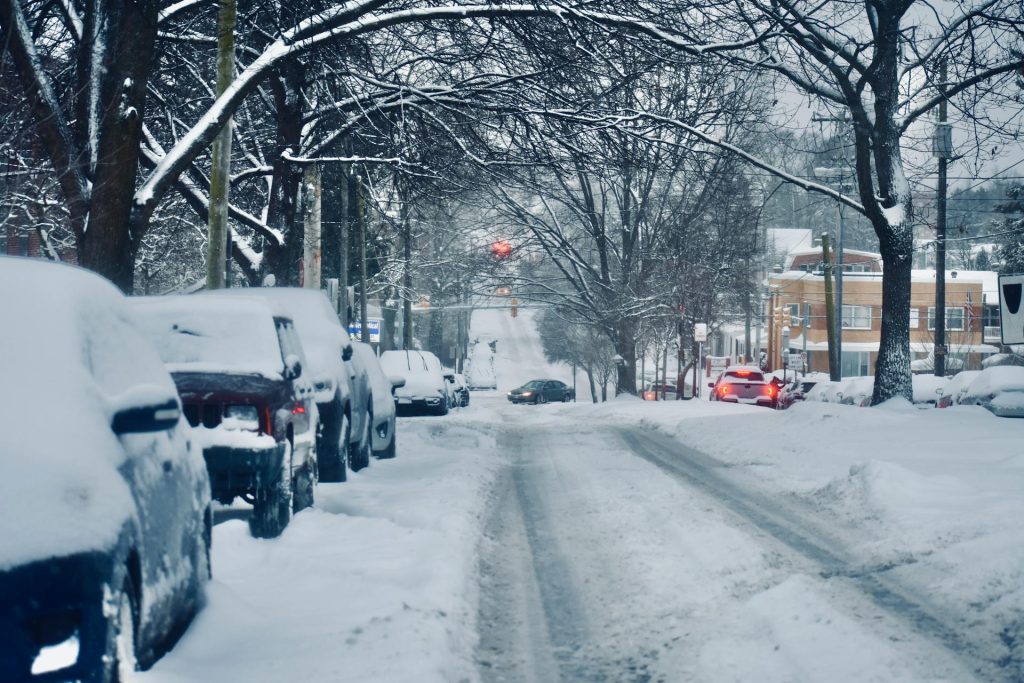Ask anyone who has lived in a coastal community what types of insurance are most important and flood insurance will be always be at the top of the list. In fact, flood insurance should be near the top of the list in any area of the country, as evidenced by the recent flooding in Nashville, Oklahoma, and Arkansas.
Unfortunately, for many people, there is little hope to have flood losses covered this year. Because most insurers refuse to provide flood insurance policies to customers, the federal government set up the National Flood Insurance Program to ensure that homeowners and businesses could purchase flood coverage. For many years, the NFIP worked as expected. There were few large scale disasters, and premiums were sufficient to cover the amounts paid in claims each year.
Hurricanes Katrina and Rita changed all that. The massive amount of claims that have been submitted to the NFIP since 2005 have caused many conservatives in Congress to question whether the program can continue. The latest figures show that the program is 19 billion dollars in debt, a deficit which many do not believe can be paid back. "For most properties, premiums would probably have to be about twice as high as they are today to even help the program get anywhere near to breaking even.” said Mark Calabria, Director of financial regulation studies at the Cato Institute in Washington, DC. While doubling premiums for existing customers seems like a radical step, this would likely only balance the budget for the years to come and not pay down the large debt previously accrued.
Due to these vast budget deficits, the National Flood Insurance Program was allowed to expire by Congress earlier this year. Policies that were already in place at the time of the expiration were allowed to continue, but until the program is renewed, there will be no new policies issued. This is a scary proposition after the 100 year floods which have recently devastated the Southeast and Midwest, as well as the large number of predicted hurricanes I wrote about in Hurricane Expert Revises Prediction.
Since the expiration, Congress has made numerous attempts to renew the Flood Insurance Program, each time failing to do so. This week, Congress again failed to pass a bill which would allow the Program to begin writing policies again. Thus, if you don’t have current flood insurance under the program, there is likely little that can be done, unless you seek expensive coverage from a private surplus lines carrier. For those of you who have policies in place, it is important to make sure that you do not let this coverage lapse. If you do, it is unclear when, if ever, you can purchase it again.


